.webp)
© History Oasis
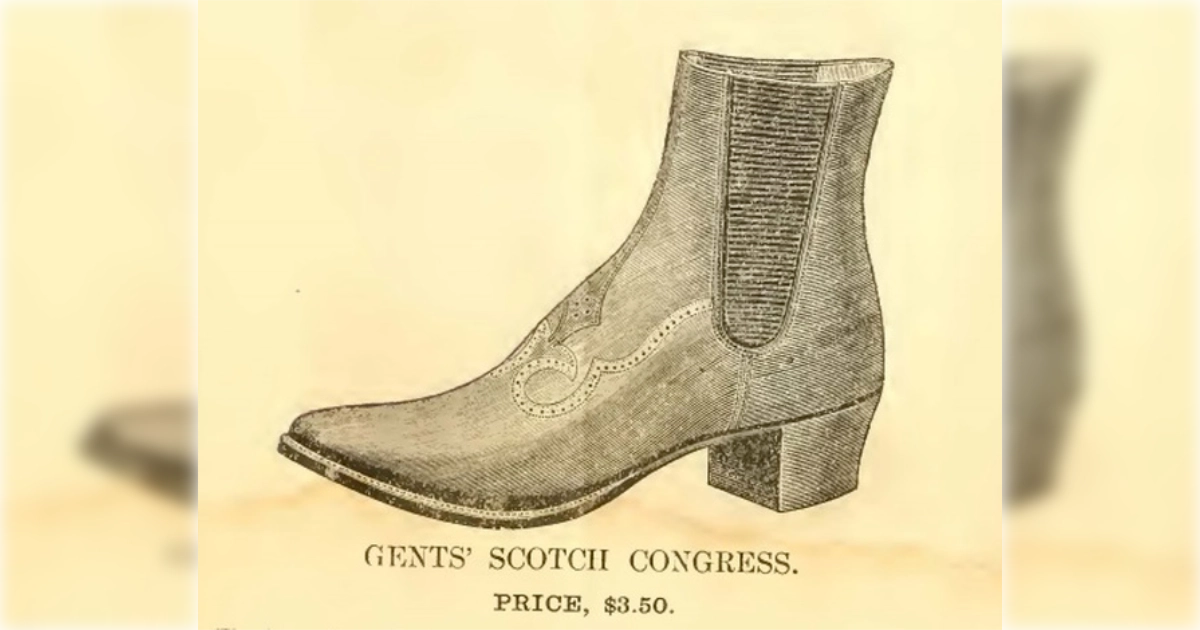
Discontinued: 1870s
Revolutionary footwear freedom. These ankle boots featured elastic gussets that made slipping on shoes effortless. No laces, no buttons needed. Revolutionary. Patented in 1837, they were the Chelsea boots of their time. Victorian gentlemen loved them for their convenience and simplicity.
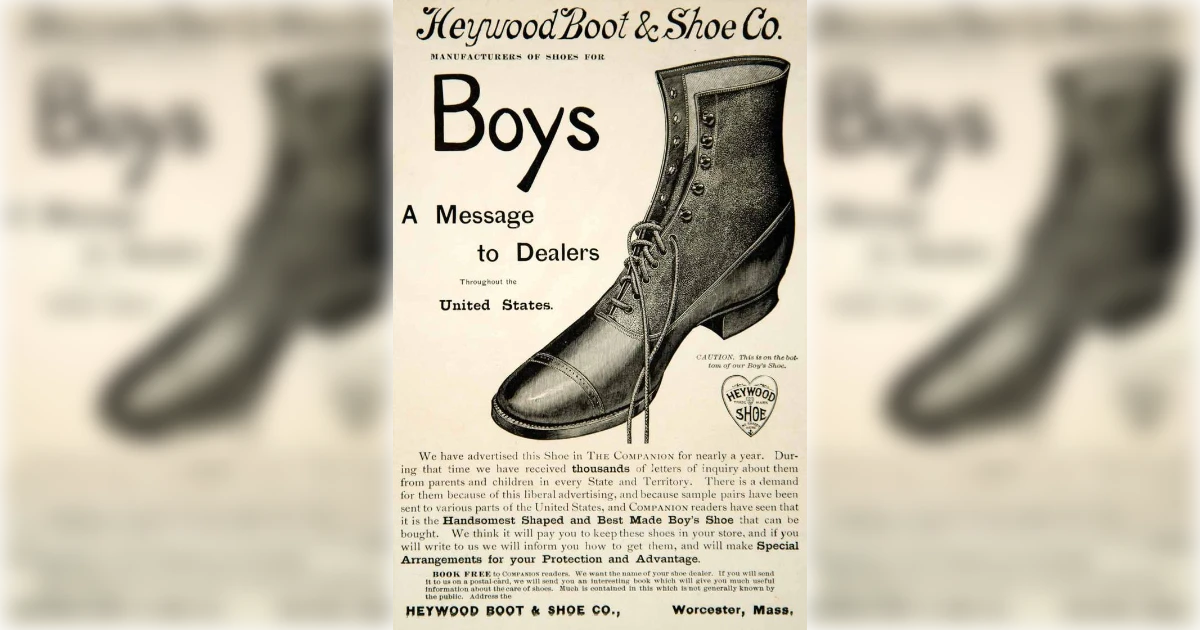
Discontinued: 1918
The ultimate Victorian fashion statement. These high-ankle boots fastened with 5-15 tiny buttons and required a special button hook tool. From the 1850s through WWI, Victorian Button Boots defined elegance with their pointed toes and modest heels. But the end of the Great War made the boots go out of style forever.
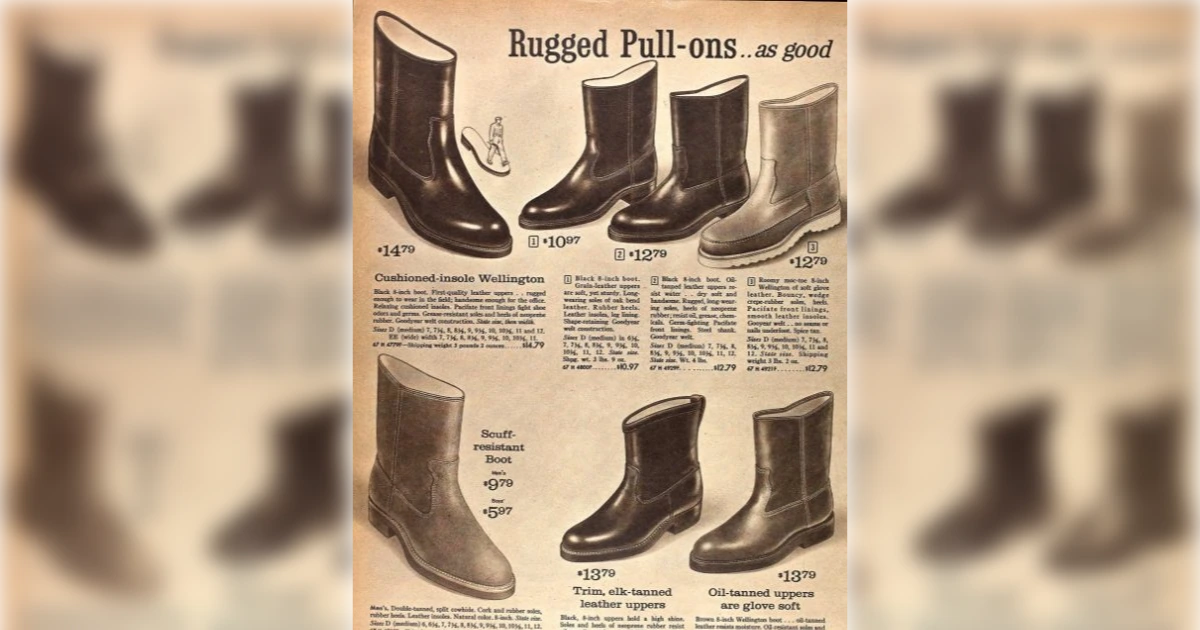
Discontinued: 1850s
Named after the Duke of Wellington himself. These sleek, knee-high leather boots were worn by gentlemen for formal occasions. They evolved from refined menswear into practical outdoor gear, eventually becoming today’s rubber wellies. One of the first clothing items to go from ballroom origins to today’s barnyard workhorses.
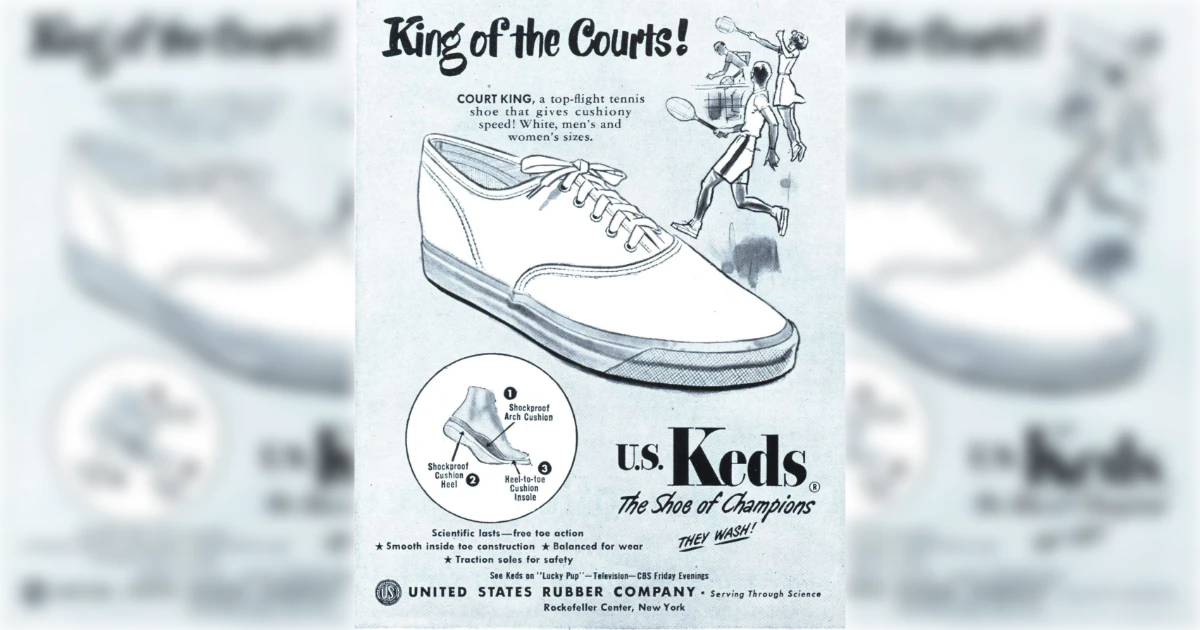
Discontinued: 1940s (original style)
You could say the origins of sneakers trace their roots to the Keds “Champion.” These canvas-topped shoes with rubber soles earned their name from ads saying they could “sneak up on you quietly.” Originally called “Peds” but renamed due to trademark issues. You might remember Jennifer Grey dancing in them in “Dirty Dancing.”
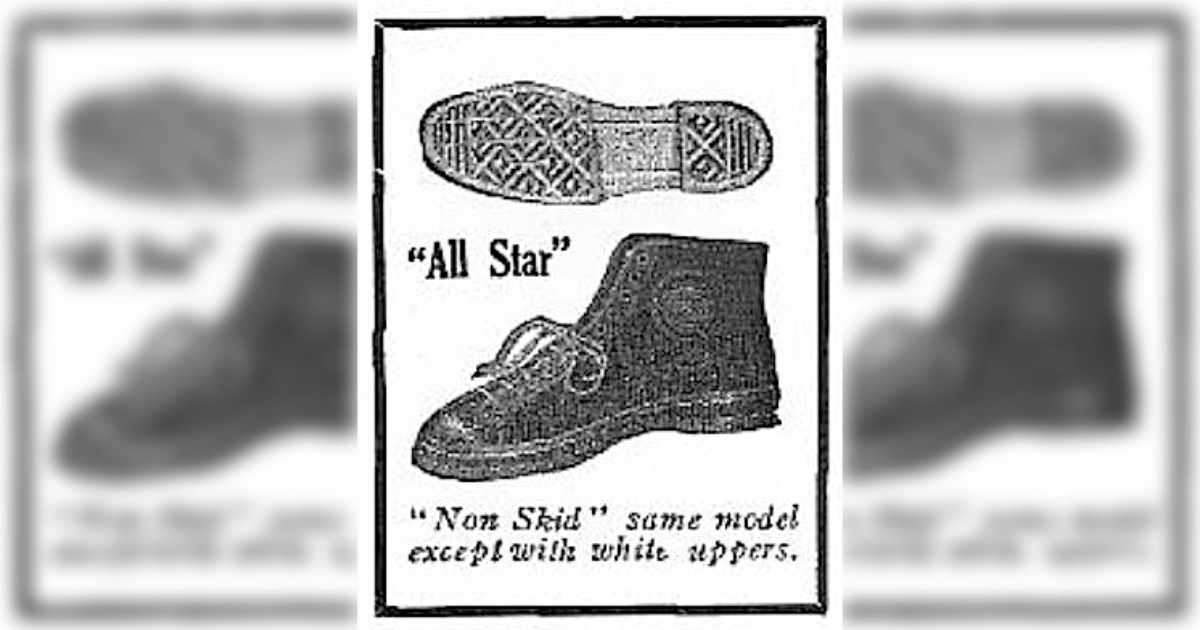
Discontinued: 1922
Before Chuck Taylor, there were “Non-Skids.” These were Converse’s first basketball shoes featuring their patented diamond-tread pattern and were marketed as the “All-American Basket-Ball Shoe.” Although this product was discontinued, this canvas and rubber pioneer laid the foundation for what would become the legendary Chuck Taylor All Star.
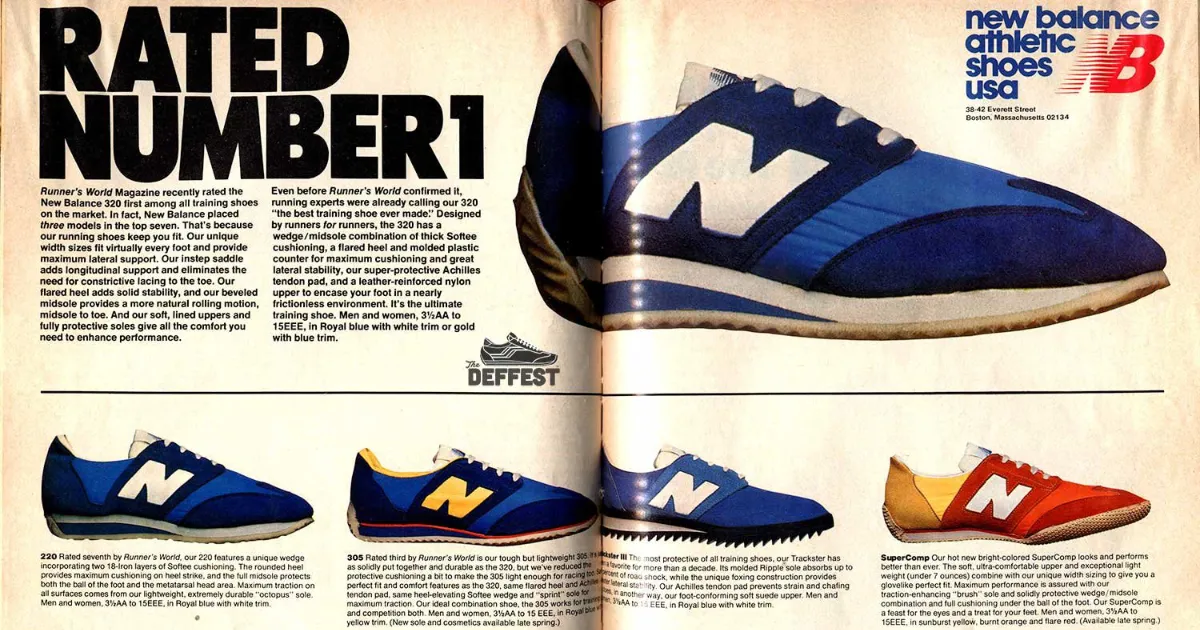
Discontinued: Late 1970s
The Trackster (now discontinued) marked New Balance's pivotal transition from arch supports to athletic footwear in the 1960s, introducing the first rippled-sole running shoe with customizable width fittings that became the company's signature feature and gained widespread adoption among college track teams and YMCA programs.
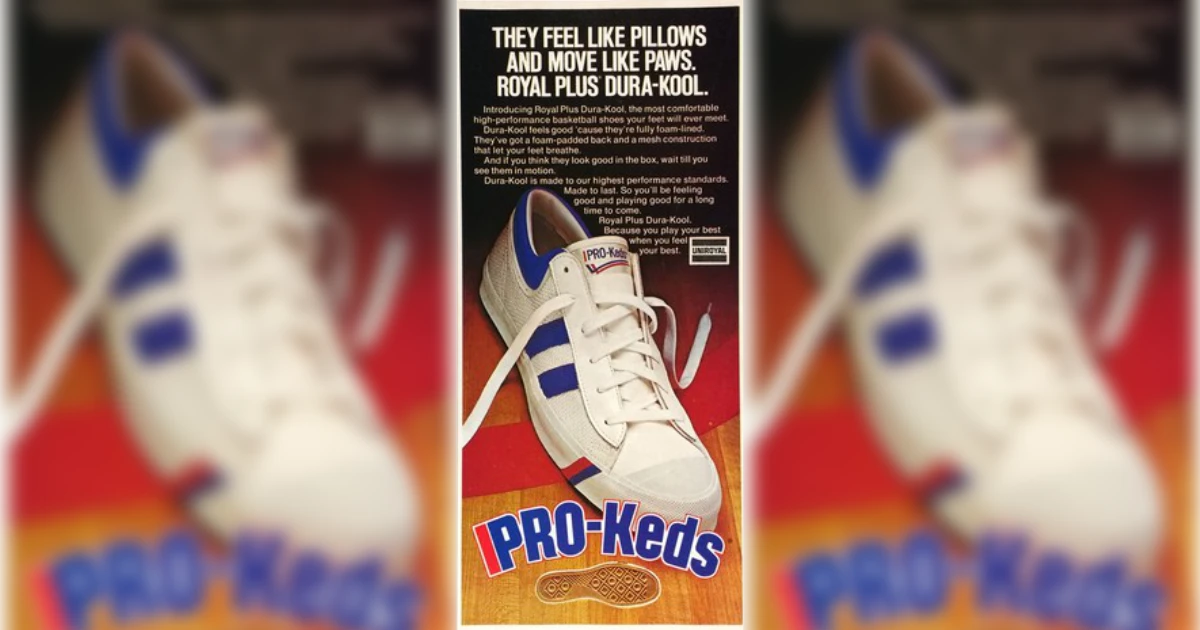
Discontinued: 1970s
Basketball meets street culture. The Royal was designed to compete with Converse and was endorsed by NBA legend George Mikan. The 1969 “69er” model became so popular in Harlem and the Bronx that they earned the nickname “Uptowns,” later becoming a hip-hop culture staple.
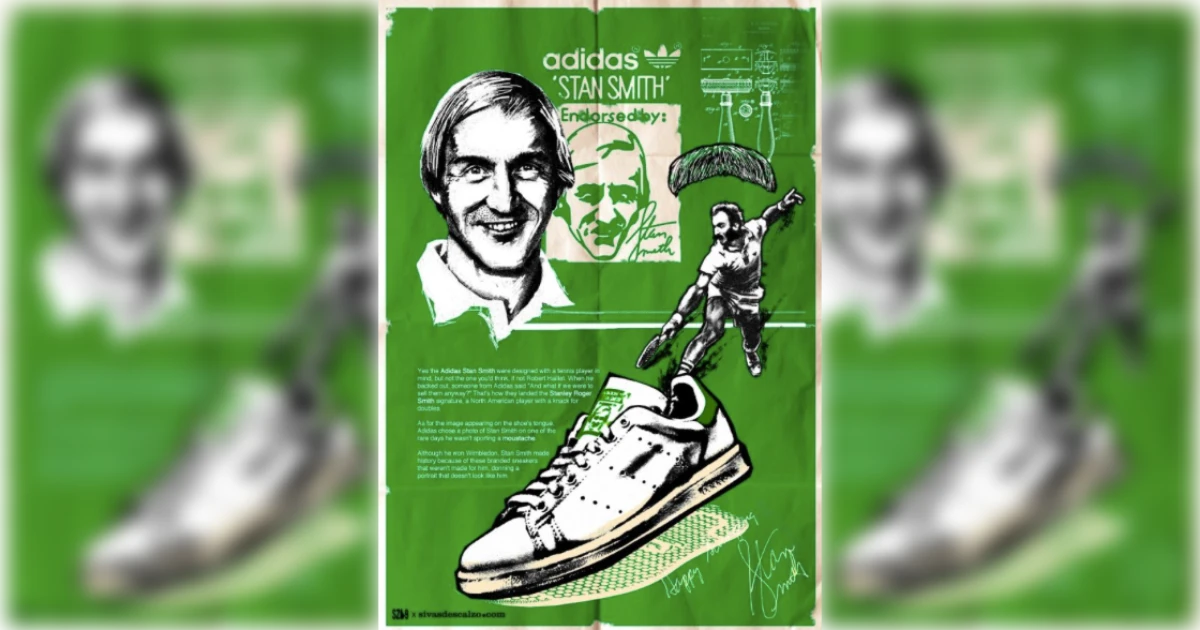
Discontinued: 1978
The shoe that had two names. Originally named after French tennis pro Robert Haillet, this sneaker featured revolutionary all-leather construction when most tennis shoes were canvas. For five years, it bore both Haillet’s and Stan Smith’s names before becoming the iconic Stan Smith we know today.
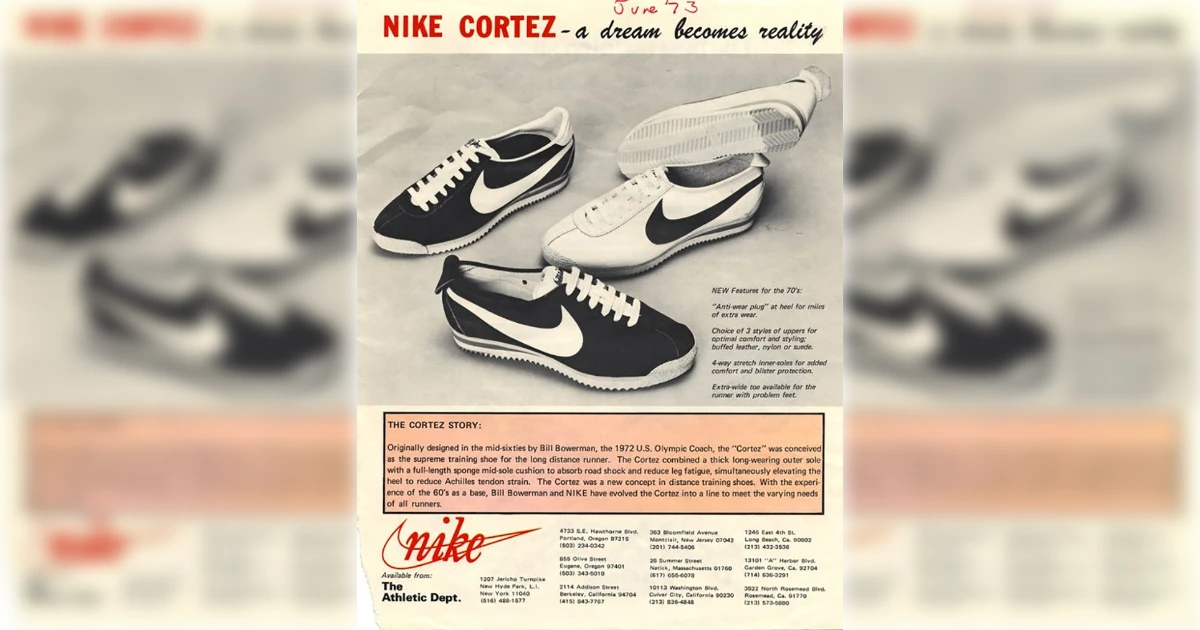
Discontinued: 1974
Nike’s first track triumph. Originally called “Mexico” after the 1968 Olympics, then “Aztec,” before settling on “Cortez” due to legal battles. This leather and nylon sneaker featured Nike’s signature herringbone sole pattern and later starred in “Forrest Gump!” Sadly, its fate ended in the long list in the graveyard of Nike’s discontinued shoes.
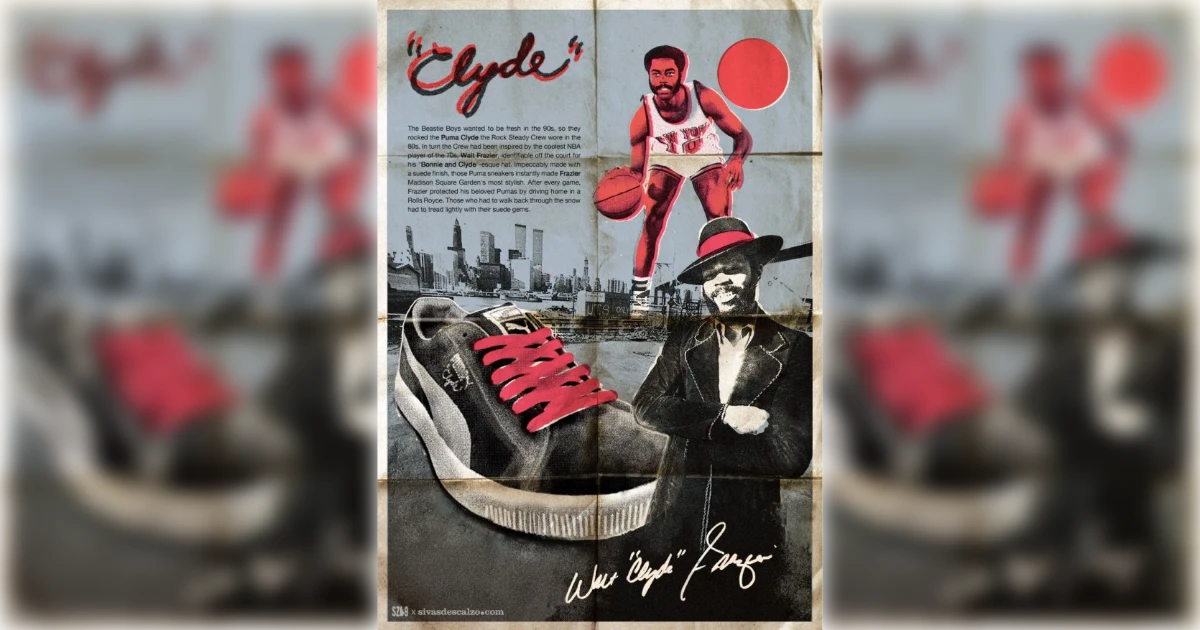
Discontinued: 1980s
The first signature sneaker ever. Walt “Clyde” Frazier made three demands for this basketball shoe: flat design, suede material, and his name on every shoe. He wore 390 different colorways throughout his career—a different pair for every NBA game! Imagine style meets performance.
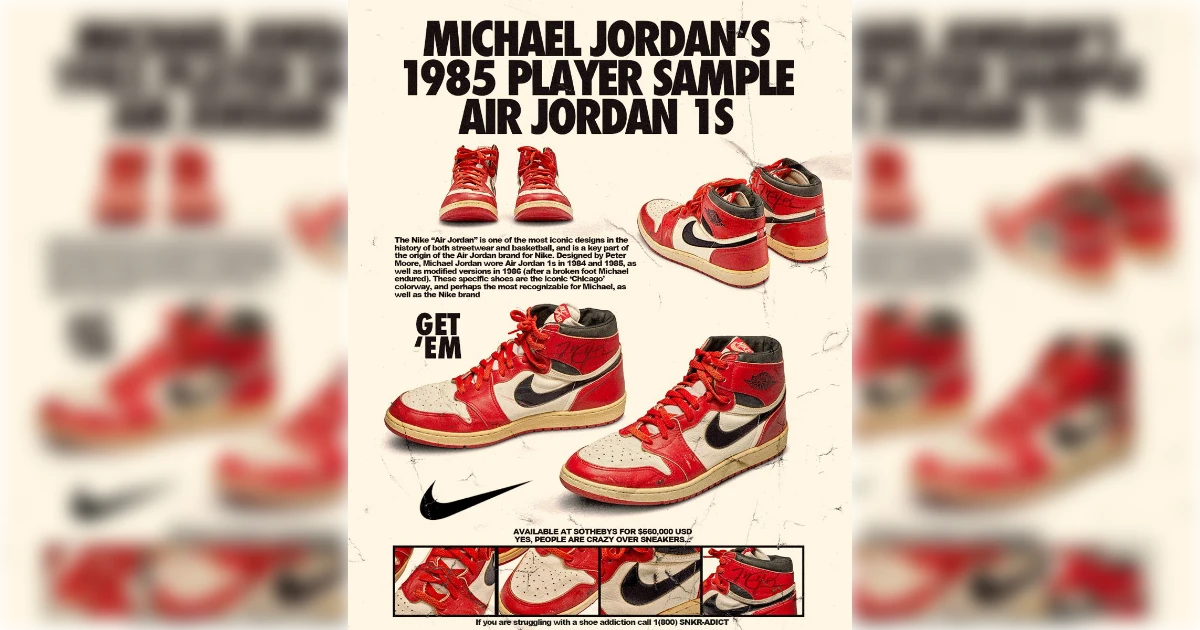
Discontinued: 1986
Possibly the goat of shoes. Michael Jordan initially said, “I’ll look like a clown” when he first saw them, but these leather high-tops featuring the Wings logo (not Jumpman) revolutionized sports marketing. The NBA banned them, Nike paid the fines, and a legend was born.
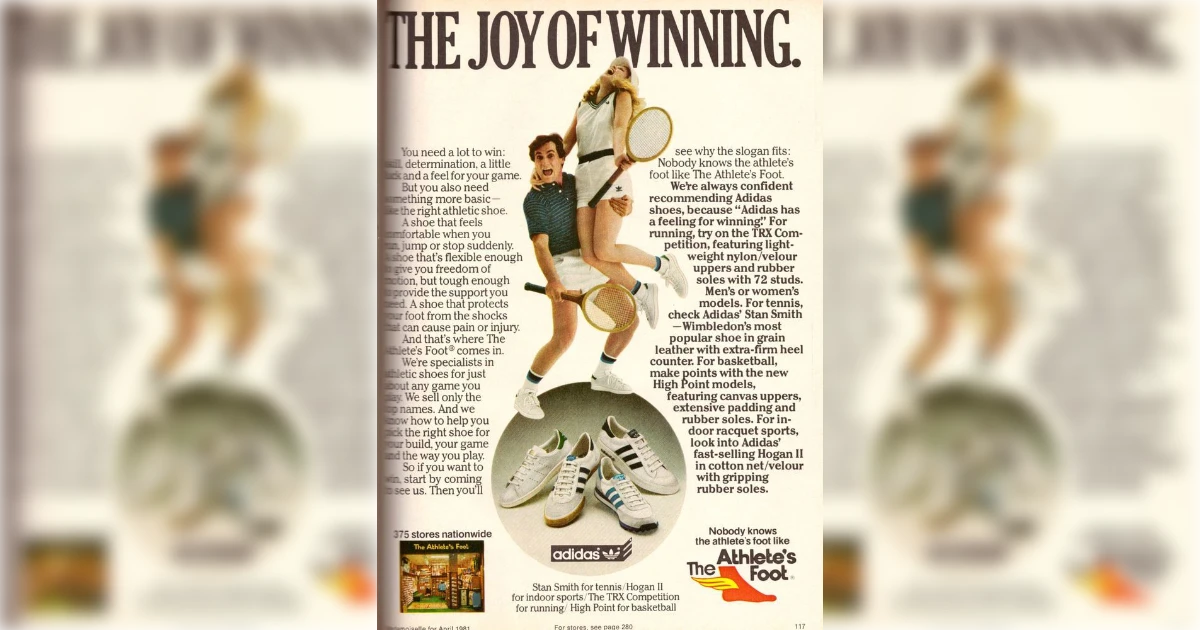
Discontinued: 2014 (temporary)
Strategic scarcity creates desire. Adidas deliberately removed this tennis legend from production in 2011-2014 to create renewed demand. The gamble paid off. When Stan Smith returned in 2014, Footwear News named it “Shoe of the Year.”
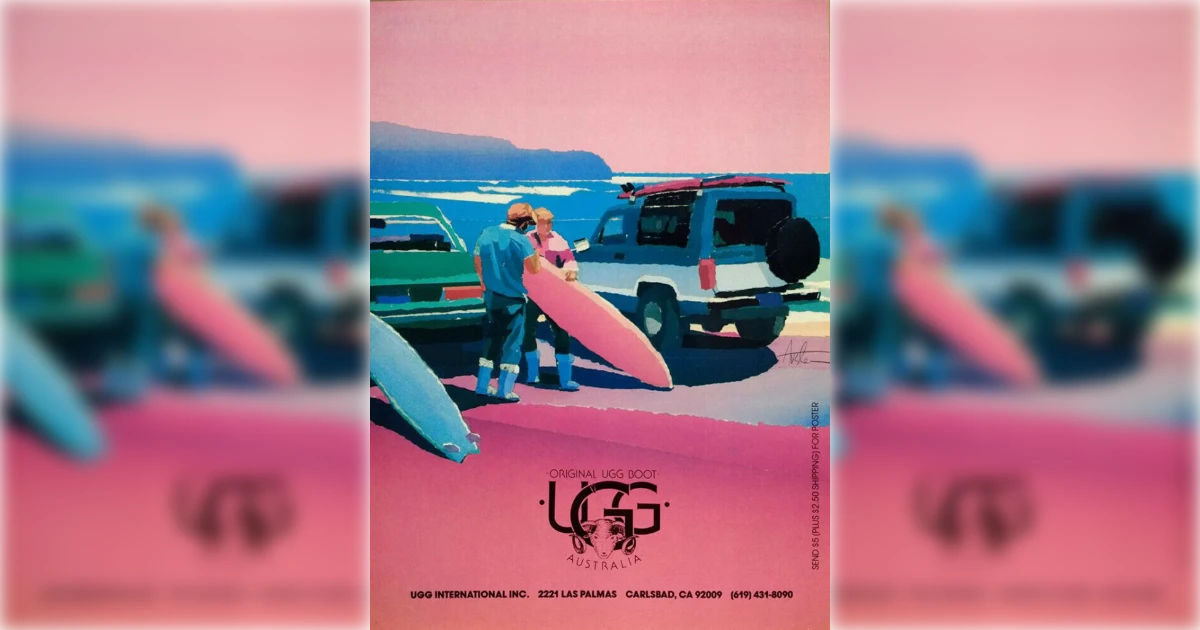
Discontinued: 2016
The UGG Classic Original, launched by Brian Smith in 1978, became the foundational sheepskin boot that built an empire until water damage issues and evolving consumer preferences led to the UGGs discontinuation in 2016.